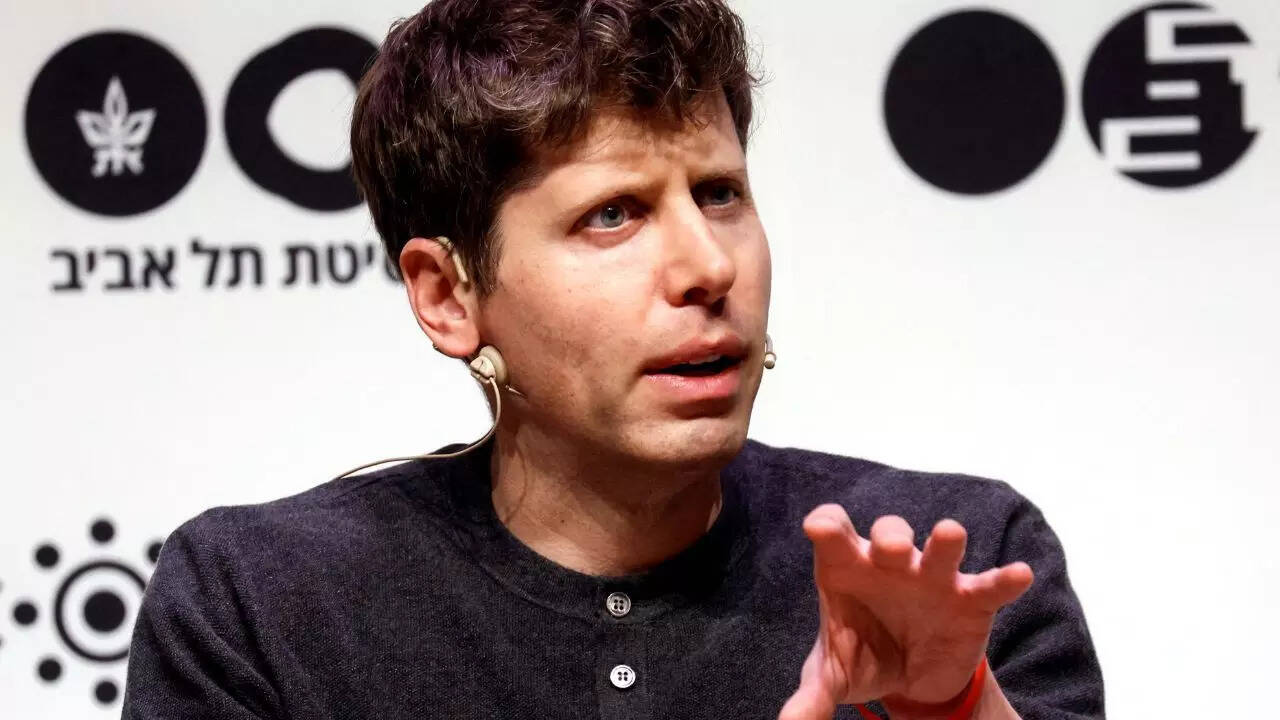Key Facts
- Sam Altman predicts AI will achieve novel insights by 2026, marking a shift beyond data reporting to creative thinking.
- Altman envisions AI as a productive partner to humans in an extended evolution of society impacting work, energy, innovation, and scientific breakthroughs, as detailed in his essay The Gentle Singularity.
- OpenAI President Greg Brockman supports Altman’s vision, highlighting that the o3 and o4-mini models released in April 2025 were the first AI models scientists used to create useful new ideas in their fields.
- Experts like Thomas Wolf express skepticism, stating that current AI models cannot pose genuinely new scientific questions, which is essential for true scientific breakthroughs.
Hugging Face Chief Science Officer Thomas Wolf recently contended that existing models can't pose genuinely new questions, a precondition for any scientific breakthrough.
Times of India
Key Stats at a Glance
Year AI predicted to achieve novel insights
2026
Release date of o3 and o4-mini AI models
April 2025
